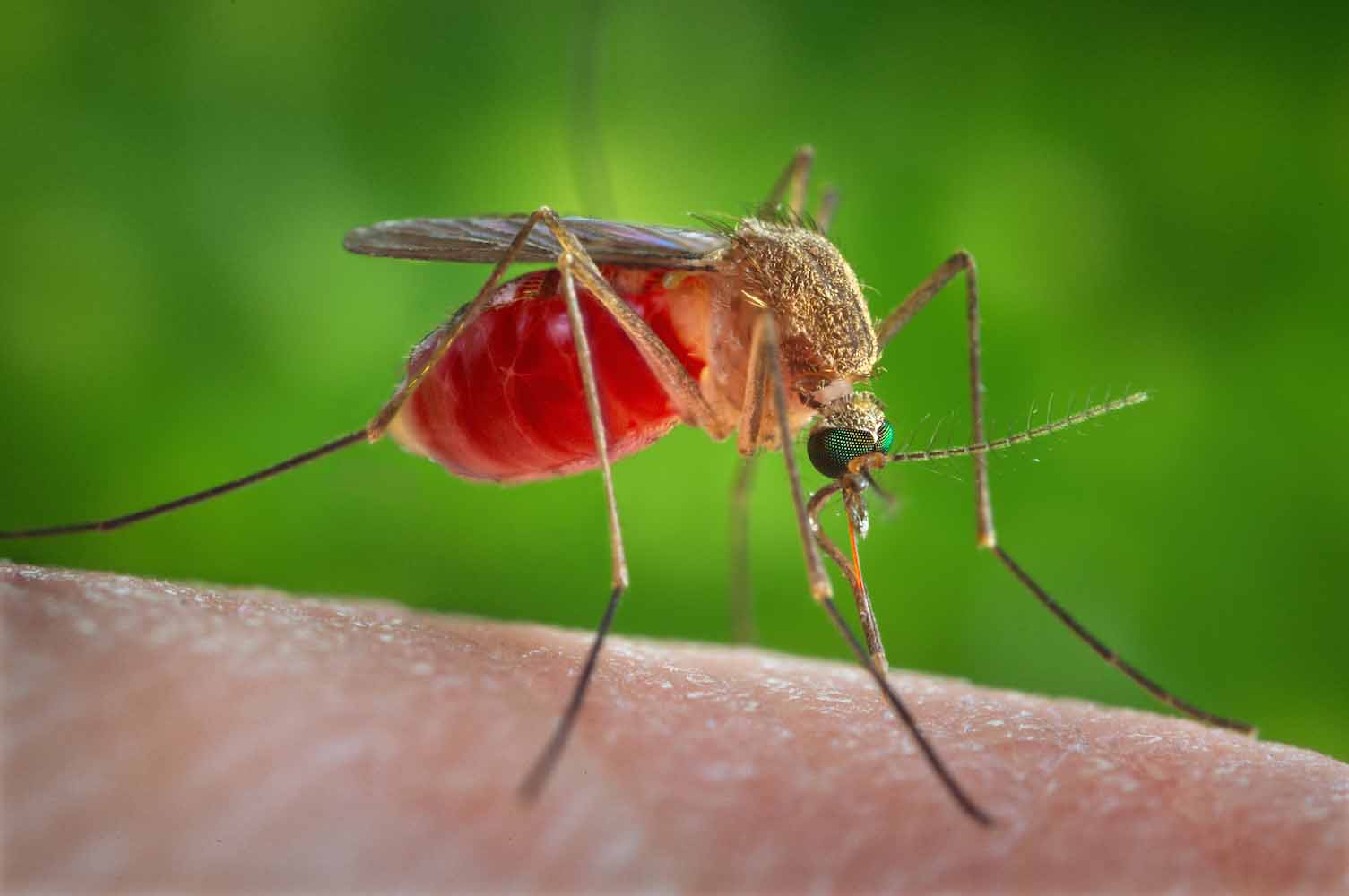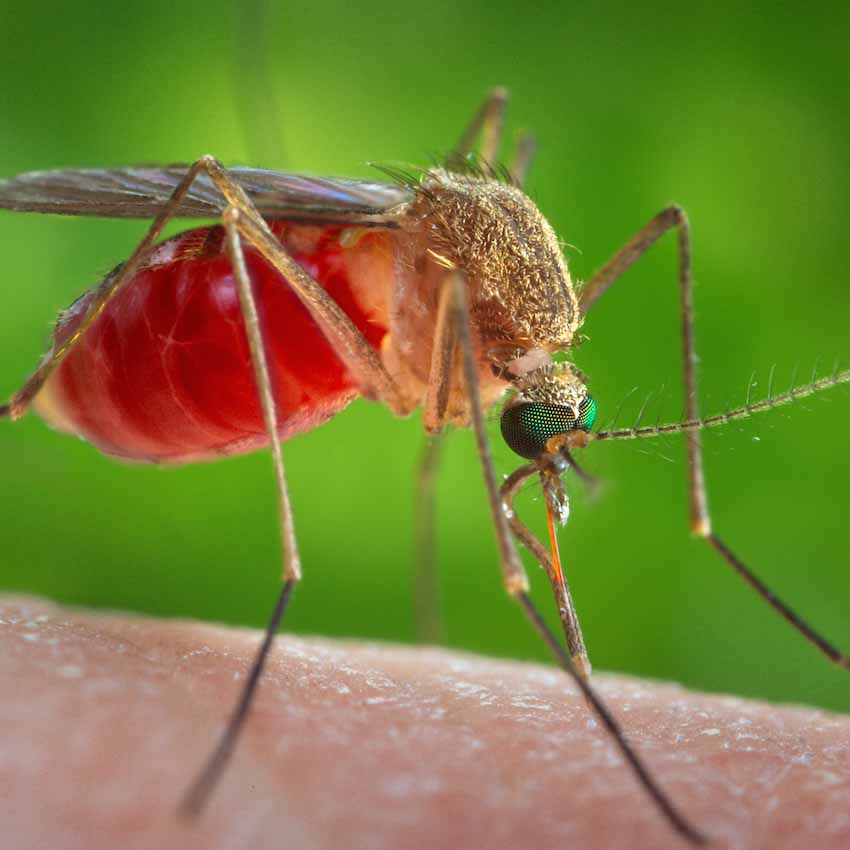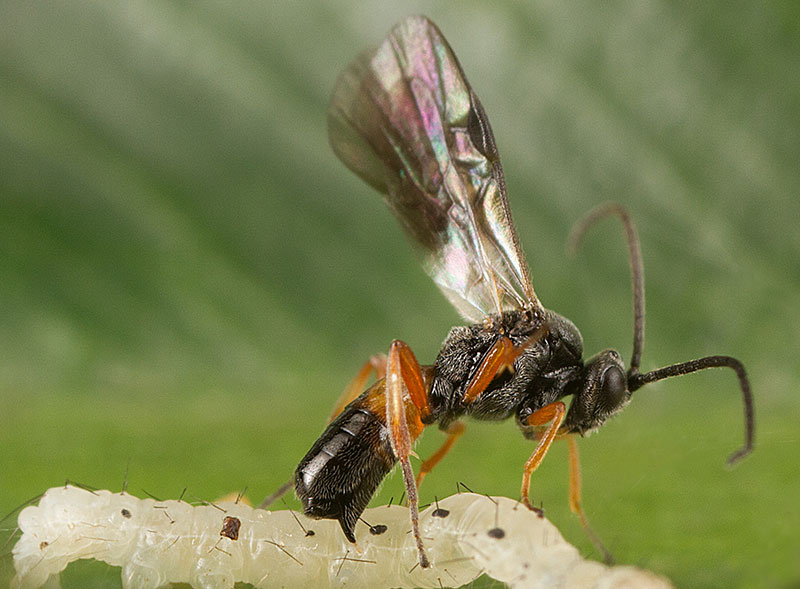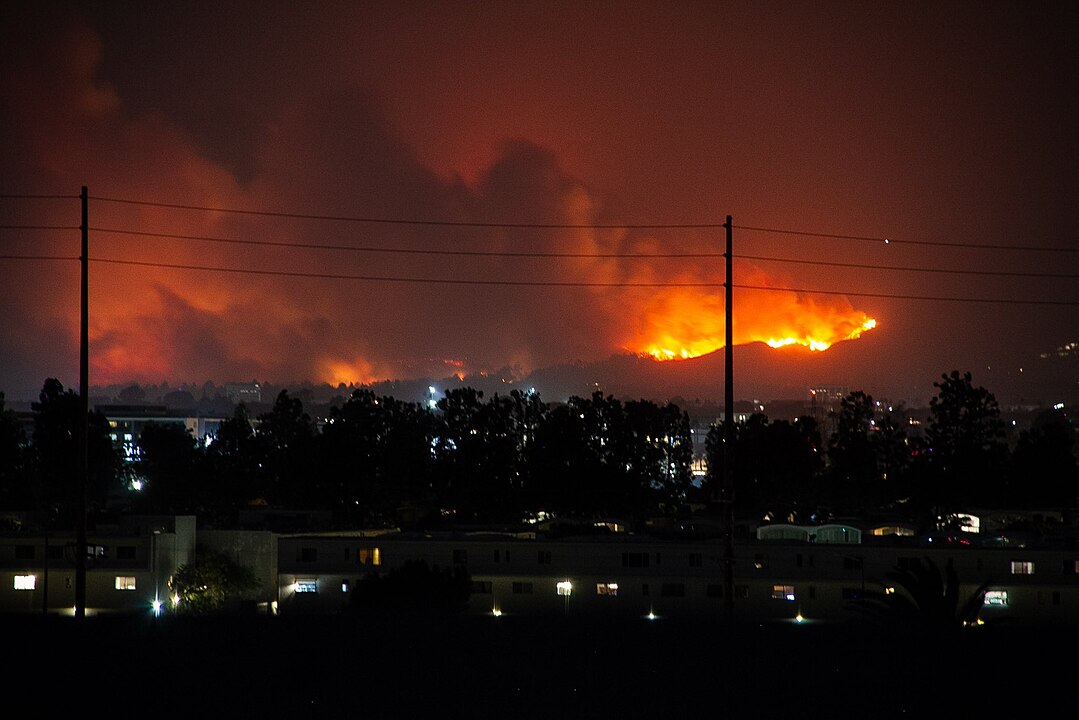With its shocking impact on babies and mothers, the Zika virus has gotten a lot of attention. However, some entomologists are looking at the current, abnormally dry weather and becoming concerned that another mosquito-borne illness could become a threat later this summer.
Climatically, the stage has been set for West Nile virus to spread later this summer, said Elmer Gray, a public health entomologist with University of Georgia Cooperative Extension.
The northern half of Georgia experienced extremely dry or drought conditions throughout June. That dry weather has suppressed some mosquito populations, but it may be setting the state up for late summer’s southern house mosquitoes, which carry the West Nile virus.
Despite their name, southern house mosquitoes don’t breed in homes. They prefer the stagnant waters and stable temperatures of storm drain systems and catch basins, Gray said.
During non-drought periods, southern house mosquito eggs and larvae are washed out of storm drains by frequent rainfall. But when rainfall is scarce, the eggs are left to develop in the stagnant water that often stands in catch basins and storm drains.
During times of drought, public health experts and entomologists often see an uptick in southern house mosquito populations and cases of West Nile virus.
In 2012, during the state’s last prolonged and serious drought, Georgia saw 117 cases of West Nile virus, more than four times as many as reported in 2011, according to the Georgia Department of Public Health.
Southern house mosquitoes are most active — and West Nile virus transmission is most common — during late summer and early fall, with the period from August 15 to September 15 being the historical peak of the transmission season.
About 80 percent of people infected with West Nile virus show no symptoms. A small population of those infected will experience body and joint aches, rashes, vomiting and diarrhea, according to the Centers for Disease Control and Prevention.
Of those patients becoming ill, some will experience an inflammation of the brain and surrounding tissue, causing neurological symptoms with recovery periods lasting weeks or months. Older Georgians are much more likely to become seriously ill from West Nile virus.
Since families are often not able to control the nearby population of southern house mosquitoes, they need to protect themselves from bites by using repellents, including DEET; wearing lightweight, long-sleeved shirts and pants; and making sure their houses are fitted with working window screens.
For more information about mosquitoes in Georgia, visit ent.uga.edu/pubs/mosquitos.htm.








